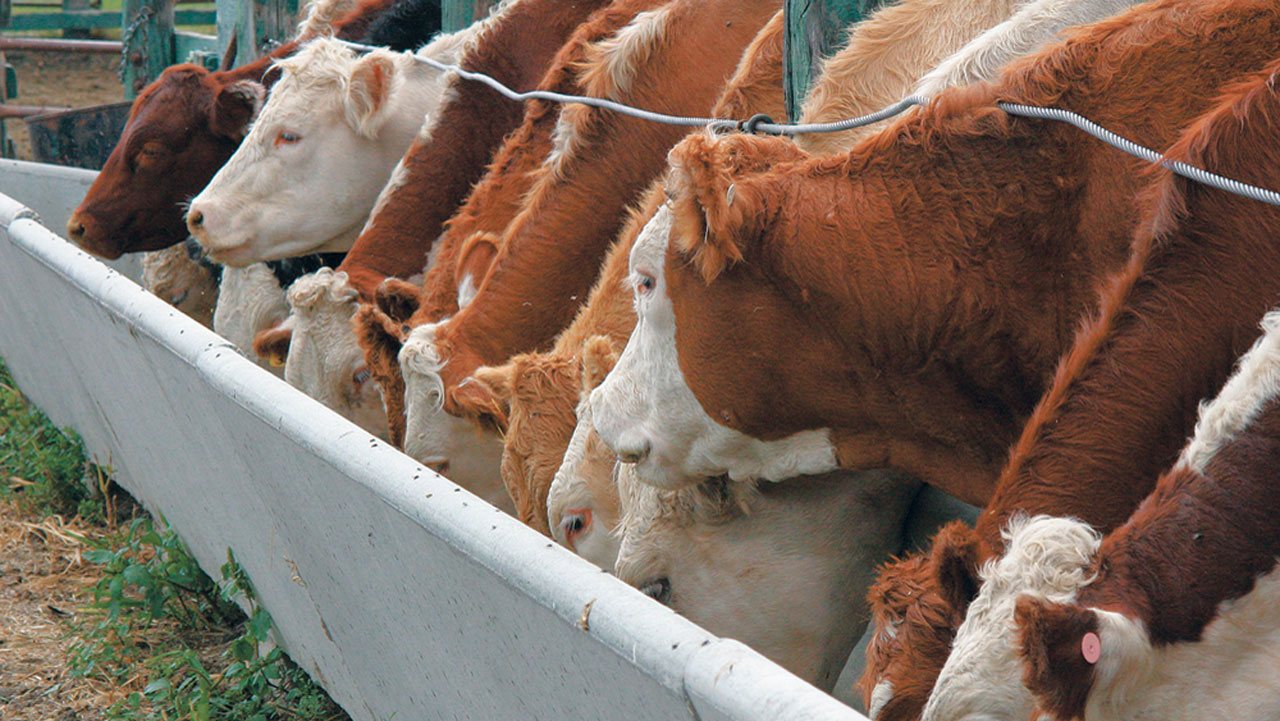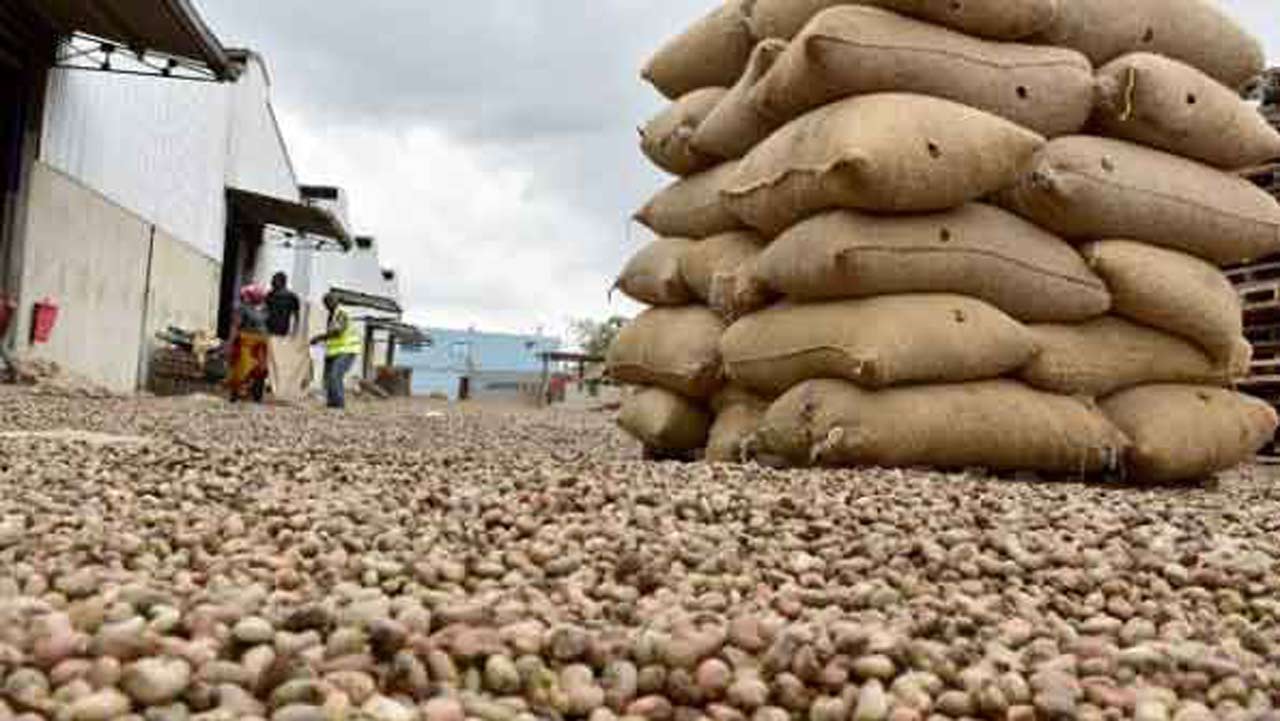
Following the completion of his fellowship programme and sabbatical leave, Bayo Adekanmbi, the former Chief Marketing Officer of MTN in this interview with FEMI ADEKOYA, explains how innovation is changing the game in many economies and how data science and the sharing economy will the biggest disruptors of the 21st century.
Recently, you emphasized the power of analytics and data science for business success. Do you think the Nigerian market is ready for this?
Data is the currency of the future. In the 21st century, data can be equated to what Oil was in the 18th century. It is the most valuable asset that will determine the future competitive advantage and operational survival of any business: it is an immensely untapped, valuable asset. The power of today’s machine can unearth what our best rational mind cannot logically link together. Like Sean Rad’s popular saying, ‘Data beats emotions. The only way to make sense of the complexity of today’s consumer is through use of data.’ This is beyond traditional research, where customers tell us what we want to hear. Data science takes it a step further by aggregating data on what customers post on social media, where they go, which ATM they used, which websites they visit, who they are seen with, etc. on a real-time basis to gain richer, contextual understanding of customers’ attitudes for profitable engagement. Any business that wants to win today must understand how a change in the weather, comments made on Twitter in a particular area, the traffic pattern, sensor information, etc. all influence purchases and help to predict future business risk and opportunities.
Every business is a business of people, and the more a business understands the complex web of interactions and interconnections between customers, locations and machines, the better it is positioned to maximize value. For a customer who banks with the hypothetical Bank A, how often do they use their bank’s ATM? What is the social context of the locations where they use their debit card? Who are the people they frequently receive funds from or send funds to? How many unique phone numbers do they use on online channels to send or receive airtime credits? These insights can highlight a social network’s underlying spending and banking transactions, and how this can be leveraged for social loan validation or risk modelling. It is even more exciting in telecoms when you can understand the total unique numbers called, how many numbers called back and how a reduction in customers’ spending can be predicted by a reduction in activity from numbers that frequently call them. Churn can be better managed as a social event; rather than running after an individual with multiple offers, we can manage a cluster of customers who are socially connected and whose usage is socially interconnected. When a customer returns a flash call or a Call Me Back message, what does the response time say about the underlying emotional connection between the calling parties? These and many more examples are what the social theory of consumption can explain using the power of data science.
This takes me to the other issue of the sharing economy, where people have taken this logic to begin sharing their space, time and resources with friends and even unknown people in a socially connected and socially validated exchange ecosystem. This pushes the idea that social dynamics occurs not only with people you know, but also with people you do not know. That is, those who have extra capacity that they want to share on a real-time basis. This is the success story of Uber or Airbnb, and it may interest you to know that the sharing economy is growing faster than Facebook, Google and Yahoo combined. The sharing economy says that for every underutilized asset, like empty seats in your car on your way to Ibadan for the weekend, there are people who need it and are willing to pay for it. In the case of the empty-seat example, this goes beyond the social opportunity to meet new friends and have a mutually exciting journey. Yet, of course, in order for this to work there must be a social validation system and accountability platform built on trust.
Is this what you have captured in your new book, The Future Is Shared, which was launched in London in July?
Exactly. This is the thrust of the book. The shared economy philosophy extends to crowdsourcing, crowdfunding, disintermediation, on-demand services and recycling, with social, economic and, more importantly, environmental sustainability advantages. Businesses that will win tomorrow must understand how to become shareable experiences that enrich sociality and sustainability.
Businesses will be more accountable to the planet, and reuse will be a key element of future brand positioning. Today, companies are reinventing their business model. For example, Ford and China’s Baidu are jointly developing their driverless ride-sharing service, while the fast-moving consumer goods company Unilever acquired Dollar Shave Club, a men’s shaving subscription service, and also invested a whopping £500,000 in the on-demand beauty app Blow.
This is why I can confidently say that data science and the sharing economy will the biggest disruptors of the 21st century. Do you think this whole concept of the sharing economy will work in Nigeria?
It is already here but not yet in the mainstream. Nigerians are already living the essence of the sharing economy. They know how to rely on the crowd to pull resources for the collective benefit. Look at the traditional Esusu and see how banks like Diamond Bank and Access Bank are digitalizing it. I am sure you have heard of ride-sharing businesses models like Jekalo, GoMyWay and RideBliss. Now there is Max logistics, which works on a crowdsourced delivery model, along with so many others. These are the businesses we shall be celebrating and showcasing to the world when I launch the book on Saturday 26 November at the Oriental Hotel in Lagos.
Was that the idea that got you global recognition at the INSNA conference in California?
Yes, the work was about using social relationships between people to determine effective price points, and how people can be used to influence others interms of product adoption. In California, this was recognized for its application in telecoms as a social pricing tool, while in China it was noted for how it could be adapted to track online luxury counterfeiting as social behaviour.
I must also state that the world is always excited at emerging market solutions, especially those that make sense of the complexity of our socio-cultural nuances. My concept of social consumption addresses how we can quantify and monetize Africa’s collective essence effectively in product adoption and market valuation. If a business can model how people influence people, and connect with the social multiplier value of their brand, it may have a better view of the likely innovation adopter and subsequent social adopters in their valuation matrix.
In order to validate an emerging market reality, I used many of the well-tested global models, like Krackhardt’s ‘philo’ relationship theory, Simmel’s sociation theory and others. The relevance was easy to test because I used an industry where data is generated every second. The telecoms model was tested in five emerging-market countries and the impact was proven undoubtedly. It was a most humbling recognition for me and, as my little contribution to knowledge and industry practice from an emerging market perspective, my next focus is how to operationalize the learning on a larger scale. I also need to mention that social influence dynamics are applicable in all industries, from banking to the government to FMCG consumption.
Many people did not expect you to come back to the country after a global experience that may have brought new opportunities. What prompted your return to the country?
First and foremost, this is about MTN, a company that believes in its people and gladly supported my aspiration. It is good to work for a company that provides sabbatical support and I am glad to say I enjoyed the support and the commitment to my growth. Second, I have a bigger dream to add value where it will be most appreciated. The truth is that we must be driven by something much more than the comfort of life or money.
I believe, I owe the next generation the opportunity to learn from what I have gained. This is the basis for setting up the Data Science Nigeria Network, a practitioner-led learning and mentorship platform to expose young Nigerian undergraduates, new graduates and young professionals to the huge opportunities in data science, which today is the number one career in the world. By MGI’s estimate, the US will experience a shortage of 1.5million data scientists. India is already tapping into this space and now leads on outsourced data science projects, and I believe we have smart Nigerians who can build new skillsets in data science to compete favourably and attract huge forex to Nigeria as data science entrepreneurs.
I am excited to mention that we have already kicked this off. On the afternoon of 26 November 2016, we shall be running an inaugural workshop led by the US-based Nigerian leading data scientist Dr Uyi Stewart, a chief Scientist with IBM and a man who holds ten patents. Experienced, Nigerian-based practitioners in the use of data will also participate in a panel discussion. We have Ngozi Dozie of OneFi, Kazeem Tewogbade of LeadPath, Dr Femi Oyenuga of Oracle, Bunmi Okunowo of NITDA, Seun Onigbinde of BudgIT and Iyinoluwa Aboyeji, the founder of Andela. In addition, I am very excited to mention that many Nigerian data scientists in the diaspora are willing to support the project via virtual training. The learning community shall also be projectivized to drive industry-ready skill development. We shall therefore focus on running competitive projects that are locally relevant and that solve real Nigerian problems, for example traffic prediction and route optimization, precision agriculture for optimal yield, the daily movement of people for city planning, and using daily tweets to prevent crime and increase the security of lives and properties.
[ad unit=2]






